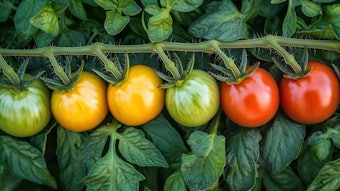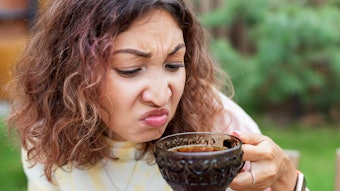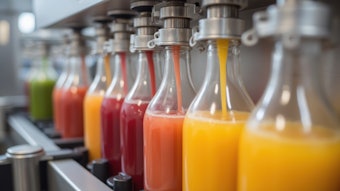The platonic ideal of coffee is piping hot, an attractive curl of steam rising out of it, rich and smooth to the taste. Once it goes room-temperature, it tends to taste bitter and unpleasant, and there are a few theories as to why.
Karel Talavera of the Laboratory of Ion Channel Research in Cuba says it's because certain taste receptors are much more sensitive to foods that are 68–95°F, so they block some of the more bitter taste molecules when coffee is served hot or iced. This narrow temperature range, Talavera surmises, came about because our caveman ancestors ate everything at room temperature—they didn't cook or have refrigeration devices.
That phenomenon, however, only goes so far, as it tends to be true of more sweet receptors than bitter receptors. Barry Green, a taste perception scientist at Yale University says that hot coffee releases more aromatic compounds, which Rutgers University experimental psychologist Paul Breslin says could make it taste better. Breslin also posits that it might just be that the heat distracts coffee drinkers from the bitter flavor.










